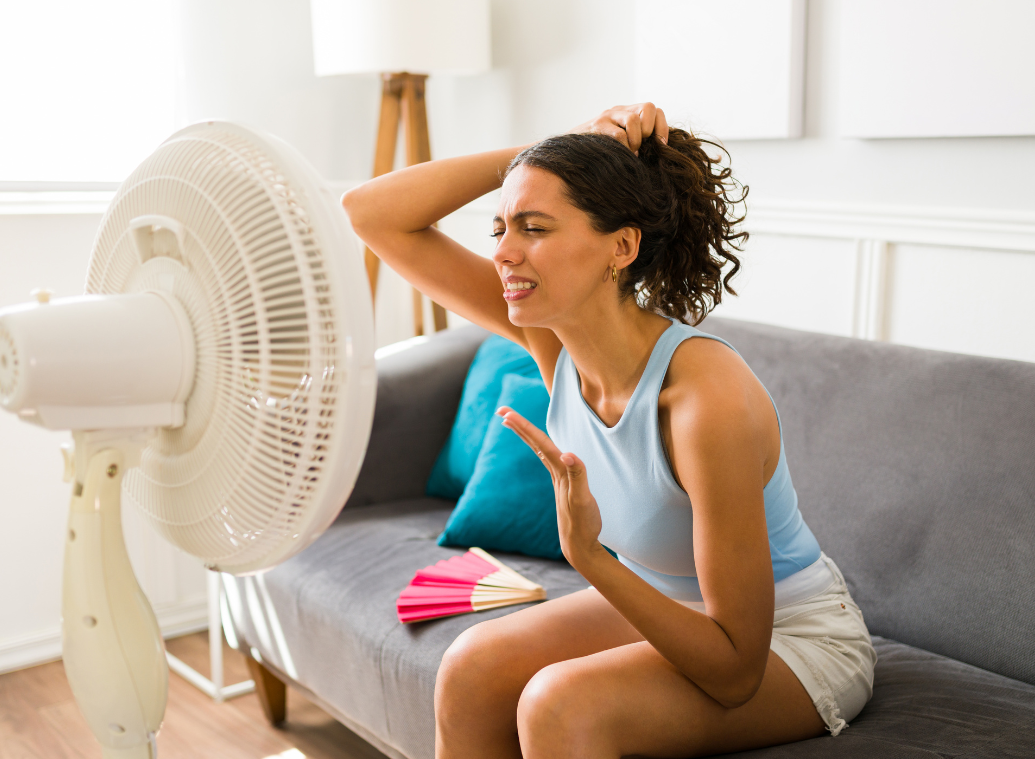Alternative Medicine And Therapies For Pain
Published Oct 19, 2018 • By Louise Bollecker

To control chronic pain, our members use alternative therapies and medicine in addition to his or her medical treatments.
Discover the results of our survey on this subject and share your own recommendations and tips!
45% of respondents use meditation
Meditation allows one to better observe their pain and combat it more effectively. Recognized as an effective way to fight against anxiety and depression, meditation also helps to control pain. Clinical psychologist and psychotherapist Christian Hoenner and Phanie Ridel advocate focusing on a part of the body that does not hurt to understand the functioning of the area, and then to compare it with a painful area. They also suggest counting the phases of pain flares and then counting backwards when the pain subsides. This slows down the frequency and intensity of the pain, after repeated efforts of concentration.
37% of respondents use pet therapy
Pet therapy (aka Animal-Assisted Therapy) is another alternative therapy used in the health sector. Without replacing the medications, it is practiced in small groups of up to three people under the responsibility of a professional, in the presence of those coping with health problems The principle is to awaken, through the presence of animals educated in this sense, reactions that maintain or improve the cognitive, physical, psychosocial or emotional potential of those coping with health problems. This practice helps to increase self-esteem, calm psychological and emotional distress, reduce stress, and overcome negative emotions.
11% of respondents use art therapy
If, according to the Russian author Fyodor Dostoevsky, "art will save the world", it seems to be the same for some of our members! For 11% of our respondents, art therapy is the means chosen to fight against chronic pain. The principle is simple: use the creativity of patients for therapeutic purposes, without aesthetic judgment. Mainly used in psychotherapy, for mental illnesses or behavioral disorders, art therapy allows one to express himself or herself in ways other than words and to let his or her emotions rise to the surface. Painting and drawing are the main methods of art therapy; however, theater and dance also work.
4% of respondents favor acupuncture
According to the definition given by UNESCO, "traditional acupuncture forms a therapeutic art that elaborates its diagnostic and therapeutic reasoning on a Taoist energy vision of Man and the Universe". Without going into the details of Taoism, patients can benefit from this practice based on the control of energies. There are other related methods to the traditional accupunture: needles acting on meridians and corresponding organs, such as moxa (heat stimulation), cupping, massage, and advice on healthy living and diet. This treatment is particularly found beneficial for locomotor problems, tendonitis, arthritis, osteoarthritis, and migraines.
2% of respondents attend hypnosis sessions
Therapeutic hypnosis is the attainment of a state of modified consciousness where we perceive things differently, in the same way as when we escape by watching a film or when we feel "in the clouds". The pain can be reduced during a hypnosis session by stimulating scarce resources of the brain and by activating its powers of self-healing. Those undergoing hypnosis also manage to distance the cause of his or her suffering, especially when it is psychological, to be better apt at being able to solve it.
1% of respondents prefer sophrology
Designed to harmonize the body and mind, sophrology is a synthesis of oriental techniques (dynamic yoga, Buddhist meditation, and Zen ...) and Western relaxation (Schultz autogenous training, Vittoz method, Jacobson's progressive relaxation ... ). Existing in a state between awakening and sleep, one will be able to mobilize unsuspected resources. Respiratory, mental and relaxation exercises will help one to feel the body in a positive way and better manage his or her pain.
And how about yourself? What alternative therapies have you tried? Which do you recommend?
Are you looking to try any of these above-mentioned therapies?
Survey conducted on the Carenity site from October 12 to 18, 2018.
Carenity
21 comments
You will also like

Ankylosing Spondylitis: More Than Fifteen Years of Pain to Finally Live a Better Life
Oct 16, 2018 • 5 comments

 Facebook
Facebook Twitter
Twitter





